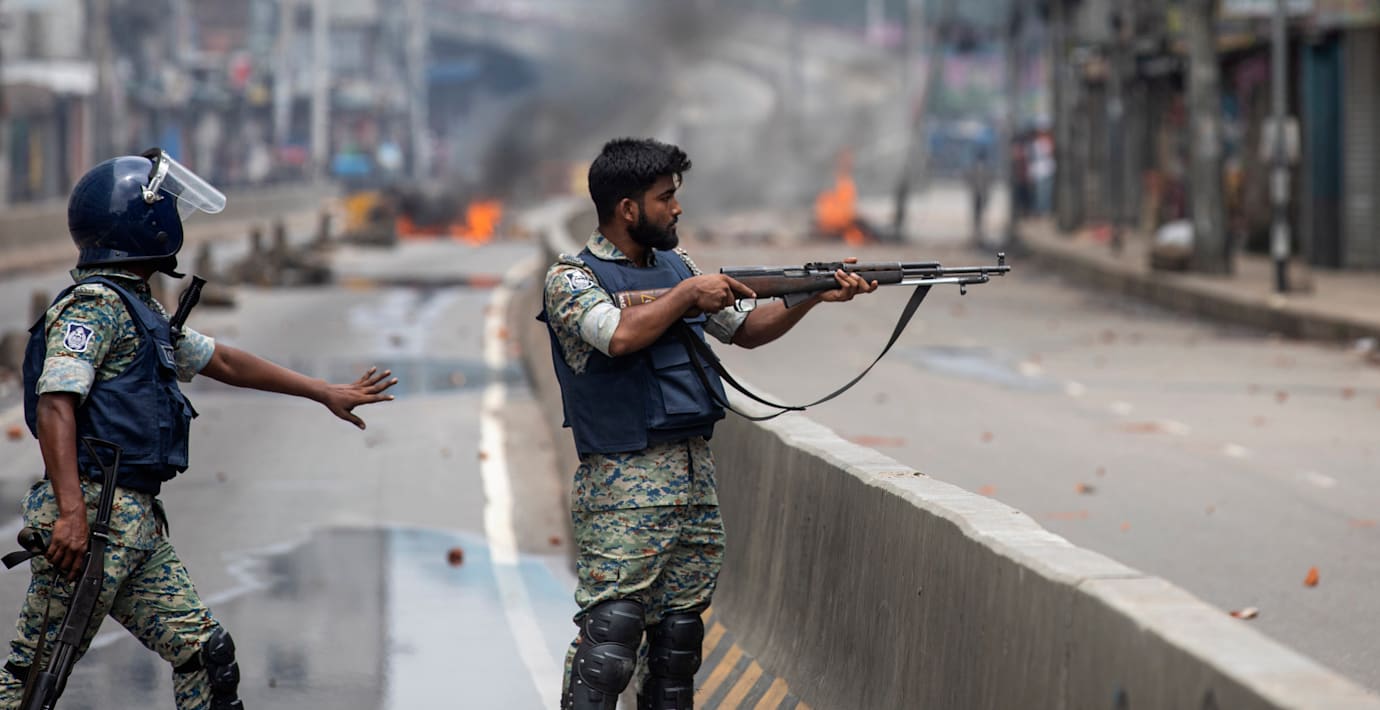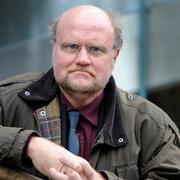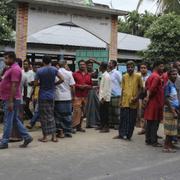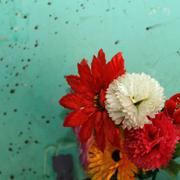
Förra ledaren i Bangladesh godkände dödliga tillslag
Den tidigare premiärministern Sheikh Hasina i Bangladesh ska ha godkänt de dödliga tillslagen mot den studentledda protesten förra året. Detta enligt en ljudinspelning som verifierats av BBC.
Hasina ska i den läckta inspelningen ha godkänt att säkerhetsstyrkorna fått använda ”dödliga vapen” mot demonstranterna och att ”var de än hittar [dem], kommer de att skjuta”.
Enligt FN:s utredningar ska upp mot 1 400 personer dödats under förra sommarens oroligheter, som startade efter ett återinförande av ett kontroversiellt kvotsystem för tillsättning av tjänster i den offentliga sektorn.
Sheikh Hasina, som flytt till Indien, och hennes parti avvisar alla anklagelser.
bakgrund
Studentprotesterna i Bangladesh
Wikipedia (en)
The 2024 Bangladesh quota reform movement was a series of anti-government and pro-democracy protests in Bangladesh, spearheaded primarily by university students. Initially focused on restructuring quota-based systems for government job recruitment, the movement expanded against what many perceived as an authoritarian government when they carried out the July massacre of protestors and civilians, most of whom were students. Started as a student movement, the movement later escalated into a fully-fledged mass uprising known as the July Revolution.
The protest began in June 2024, in response to the Supreme Court of Bangladesh reinstating a 30% quota for descendants of freedom fighters, reversing the government decision made in response to the 2018 Bangladesh quota reform movement. Students began to feel like they have a limited opportunity based on merit. The protest quickly spread throughout the entire country because of the government's violent response, as well as growing public dissatisfaction against an oppressive government. The situation was further complicated by many other ongoing issues, like the government's inability to manage a prolonged economic downturn, reports of rampant corruption and human rights violations, and the absence of democratic channels for initiating changes.
The government sought to suppress the protests by shutting down all educational institutions. They deployed their student wing, the Chhatra League, along with other factions of the Awami League party. These groups resorted to using firearms and sharp weapons against the demonstrators. The government then deployed Police, RAB, BGB and other armed forces, declaring a nationwide shoot-at-sight curfew amid an unprecedented government-ordered nationwide internet and mobile connectivity blackout that effectively isolated Bangladesh from the rest of the world. Later, the government also blocked social media in Bangladesh. Government forces cordoned of parts of the capital city of Dhaka and conducted Block Raids, randomly picking up anyone they suspected having links to the protest, causing fear among the city residents. As of August 2, there were 215 confirmed deaths, more than 20,000 injuries, and more than 11,000 arrests. The unofficial death toll was between 300 and 500. UNICEF reported that at least 32 children were killed during July's protests, with many more injured and detained. Determining the exact number of deaths has been difficult because the government reportedly restricted hospitals from sharing information with the media without police permission, hospital CCTV footage was confiscated, and numerous individuals with gunshot wounds were buried without identification.
The Awami League government, led by Prime Minister Sheikh Hasina have suggested that political opponents have co-opted the protest. Despite the curfew restrictions the movement remained ongoing as it expanded its demands to include accountability for violence, a ban on the student wing of the government Chhatra League, and resignation of certain government officials, including the resignation of Prime Minister Hasina. The government's use of widespread violence against the general public turned the student protest into a people's uprising known as the Non-Cooperation Movement.
Omni är politiskt obundna och oberoende. Vi strävar efter att ge fler perspektiv på nyheterna. Har du frågor eller synpunkter kring vår rapportering? Kontakta redaktionen


